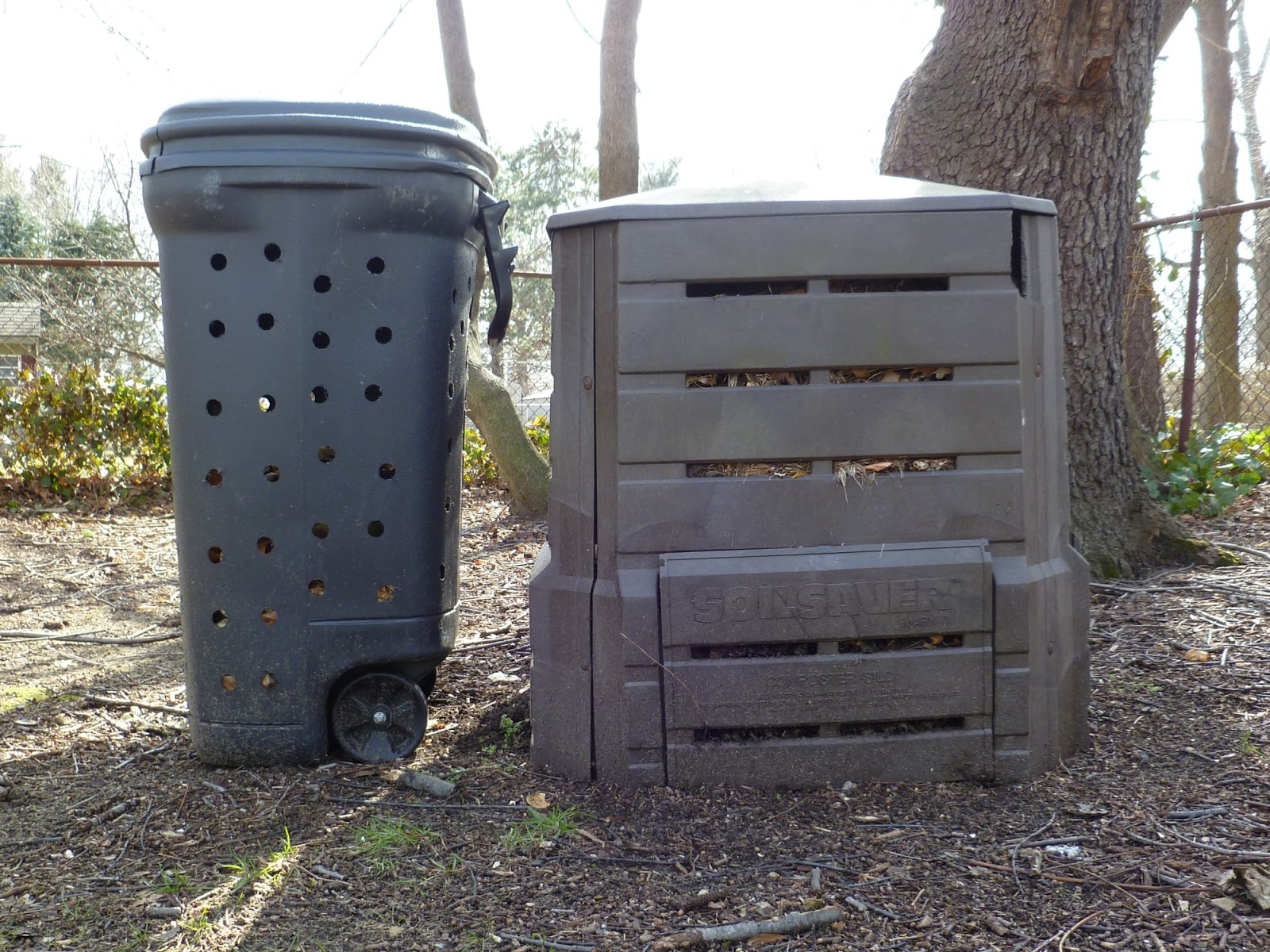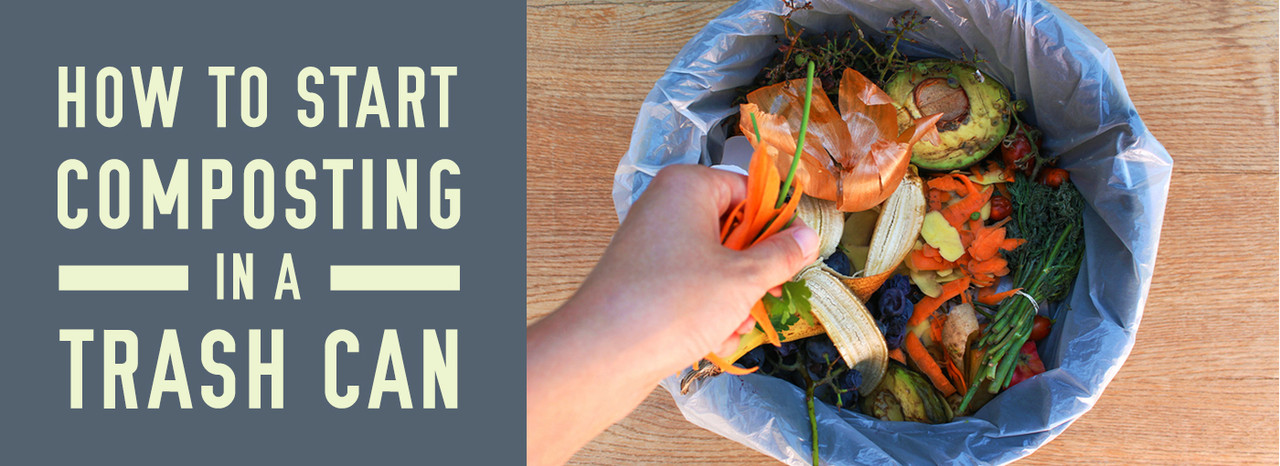Unless you compost already, your yard debris, vegetable peels, egg shells, and even old coffee grounds probably end up in the trash and, eventually, in a landfill. Putting these objects into the trash is a waste of their potential. With a little hard work and a few simple steps, you can turn this trash into treasure for your garden.
Composting is a great way to both divert waste from landfills and nourish a garden without spending money on fertilizers. The problem is that many composters are expensive or too large to fit on a small property. If you have wanted to start composting but are intimidated by the price or size of fancy composting bins, a trash can compost bin is the perfect solution for you.
Why Compost?
Composting has many benefits for the environment and for the individual doing it. While some cities pick up compost curbside, having your own backyard composter allows you to reap even more composting benefits.
Benefits of Composting:
- Diverts waste from landfills, which reduces methane emissions
- Saves money on garbage removal and fertilizers
- Enriches soil, which is good for plants
- Saves water, as compost helps with moisture retention
- It can be fun!
Yes, that’s right, composting can be fun for the entire family! It is a great activity to do with your family. Kids will love seeing their food scraps slowly turn into dirt, and they can enjoy helping turn and sift the compost. If you already like to garden, you’ll love taking an active role in creating rich soil.
Source: http://makezine.com/projects/make-31/trash-can-composter
Trash cans are underappreciated household objects. They are designed to be tough and hold up to years of daily use. They are also made to be resistant to leaks, hold in odors, and keep out unwanted critters. These sturdy objects can be repurposed in many ways, and composting is just one of them.
A good compost bin is sturdy and will not rot even when full of decomposing objects and standing in the hot sun. A heavy duty trash can will be able to hold up to these conditions. If you don’t have an old can around, you can purchase a new one or check with your city garbage collector to see if they have any spares they would be willing to part with.
DIY Trash Can Compost Bin
Supplies:
- Large plastic trash can (32–55 gallons)
- Locking trash can lid or two bungee cords
- Drill and 3/4-inch drill bit
- Two cinder blocks
1. If the trash can is old, you will need to clean it out thoroughly before you begin. If your trash can is new, you are ready to begin.
2. Turn the trash can upside down, and begin drilling holes along the bottom. Drill the holes about 4–6 inches apart. These will allow excess moisture to drain and oxygen to reach the bottom.
3. Next, drill holes in the sides of the trash can and a few in the lid.
4. Place your new compost bin on top of the cinder blocks to allow for airflow.
5. Now that the body of your trash can composter is done, you need to start filling it. Here are some things to keep in mind:
- You need a combination of carbon-rich and nitrogen-rich materials for compost to work. A simple way to remember is to think of brown material (carbon) vs. green material (nitrogen).
- Brown material is things like dried leaves and shredded paper. Green material can include grass clippings and kitchen scraps.
- Moisture is also important for compost. Too much moisture is bad, and so is too little. Try to keep it about as wet as a wrung-out sponge. The green material will add moisture to your compost, but you can add more if it needs it.
6. Every two weeks or so, your compost needs to be turned. Either lock the lid or secure it on with bungee cords, and then simply roll the trash can on the ground until it is well mixed. If your lid does not secure, you can turn it with a shovel instead.
7. Depending on how hot your compost gets, it should be ready within a few months. Once it’s done, you are ready to use it in your garden!
From Trash to Treasure
Want to cut down the food-scrap waste that gets tossed in your kitchen garbage, stop spending on fertilizers and extra water for your garden, and encourage your family members to work together doing a healthy activity? Follow our simple steps to start your own compost bin, and you can accomplish all of these things at the same time. Composting is not only good for the environment, it is good for your garden. Don’t wait until the time is right to buy a compost bin—make your own today!

